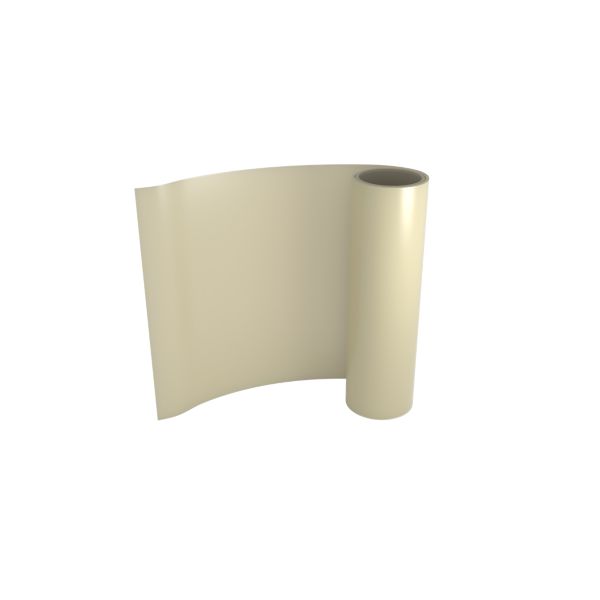LOCTITE ABLESTIK 550K
Harmonization Code : 3920.99.28.90 | Other plates, sheets, film, foil and strip, of plastics, non-cellular and not reinforced, laminated, supported or similarly combined with other materials ; Of other plastics ; Other; Other
Main features
- Low cure temperature
- Hard to bond metals
- Thermally conductive
Product Description
LOCTITE ABLESTIK 550K is a white epoxy film designed for substrate attach and heat sink bonding. It offers high thermal conductivity and low cure temperature and comes on a glass fabric carrier.
LOCTITE ABLESTIK 550K is a non-electrically conductive, epoxy assembly film commonly used on Gold and gold plated surfaces and is suitable for an array of difficult-to-bond metals.
Cure Schedule
- 30min @150°C
- 2 hours @ 125°C
Technical Specifications
| General Properties | |
| Work life @25°C Work life @25°C Work life is the amount of time we have to work with a material until it is no longer able to be easily worked and applied on a substrate. It is based on the change in viscosity and it can rely on the application requirements. | 4392 hours |
| Thermal Properties | |
| Glass Transition Temperature (Tg) Glass Transition Temperature (Tg) The glass transition temperature for organic adhesives is a temperature region where the polymers change from glassy and brittle to soft and rubbery. Increasing the temperature further continues the softening process as the viscosity drops too. Temperatures between the glass transition temperature and below the decomposition point of the adhesive are the best region for bonding. The glass-transition temperature Tg of a material characterizes the range of temperatures over which this glass transition occurs. | 102 °C |
| Thermal Conductivity Thermal Conductivity Thermal conductivity describes the ability of a material to conduct heat. It is required by power packages in order to dissipate heat and maintain stable electrical performance. Thermal conductivity units are [W/(m K)] in the SI system and [Btu/(hr ft °F)] in the Imperial system. | 0.8 W/m.K |
| Weight Loss @ 300°C | 0.37 % |
| Electrical Properties | |
| Volume Resistivity Volume Resistivity Volume resistivity, also called volume resistance, bulk resistance or bulk resistivity is a thickness dependent measurement of the resistivity of a material perpendicular to the plane of the surface. | 7.2x1012 Ohms⋅cm |



